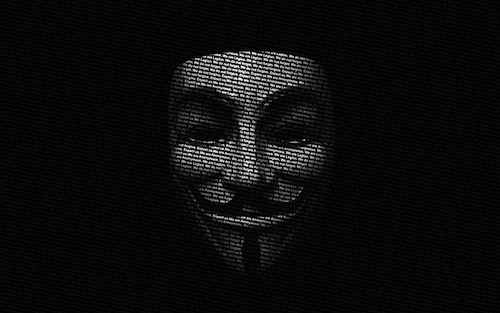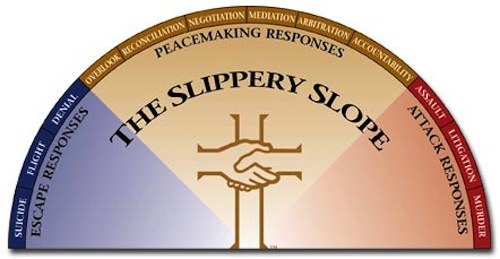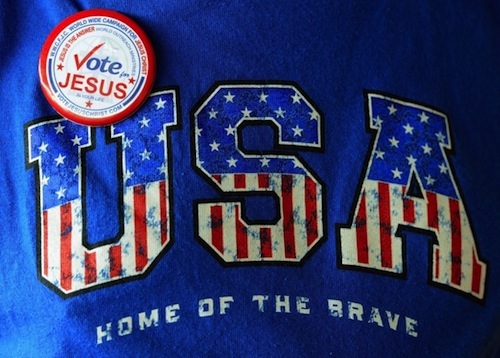I think it’s fair to say I went a little craze-balls regarding the NSA thing. I maintain that’s because secretly collecting millions of Americans’ phone records is a historically craze-balls thing for the US government to do, but there are good arguments on the other side. Probably, the NSA doesn’t care about anything besides preventing the President from coming down into their spy basement and personally blaming them for another terrorist attack, and most of our metadata is collected by the waste basket. Almost certainly, the hypothetical Fourth Amendment value of our Facebook friends is not so ethically compelling as an explosion-free Boston marathon. Today is Friday, and the week recedes behind us in forced perspective. Won’t you take a step back with me?
The case against secret government
My grandfather once said that you know you’re doing something wrong when you don’t want to tell anyone about it. Unless the NSA is using our phone records and social media data to plan an awesome surprise party, there is something suspect in the claim that domestic surveillance was kept secret for our own good. Secrecy is antithetical to democracy. Tim Weiner argues as much at Bloomberg, where he points out that presidents from LBJ to GWB have demonstrated that you can’t trust the executive. At Esquire, Charles Pierce puts a simultaneously finer and more vulgar point on it when he asks that the federal government please tell him what it is doing in his name.
Citing potential reduction in liberties, Friedman defends infringement on liberties
Over at the Times, Thomas Friedman has invoked his own slippery slope to argue that if we don’t allow the NSA to log our calls and finger our metadata, another 9/11 might encourage us to cede our civil liberties even worse. It is a pretty convoluted slope—call it the slippery water slide. Friedman’s essential claim is that, while this recently-revealed infringement on our privacy is bad, it does not have so significant an impact on our civil liberties as the theoretical laws a frightened populace might accept in the aftermath of another theoretical 9/11. Then we’d really be in trouble.
Most Americans support NSA phone tracking
Strangely, perhaps even depressingly, the big deal in last week’s revelation of massive domestic NSA surveillance is how not a big deal everyone thinks it is. According to a Washington Post/Pew poll, 56% of Americans consider secret court orders that allow the NSA to access millions of phone records “acceptable,” while only 42% consider it “unacceptable.” Forty-five percent say the government should be allowed even more leeway than it already has secretly gave itself, provided that power is used to fight terrorism. Even though half of Americans presumably do not regard themselves as terrorists, they believe their government should be able to arbitrarily investigate them, because terrorism. At the risk of pique, this is the same country that refused expanded background checks for gun purchases as an unconscionable infringement on the Second Amendment.
NSA whistleblower comes forward
At his request, The Guardian has reported the identity of Edward Snowden, the former NSA contractor who revealed last week that, among other surveillance activities, the US government keeps phone logs of millions of Verizon customers. It also logs customers of AT&T, Sprint and Nextel, and collects “metadata” from Google, Apple, Facebook, Yahoo, AOL and YouTube. As soon as a MetroPCS user successfully completes a call, the NSA will write that down, too. It’s kind of disturbing, but what is perhaps most disturbing is that, now that its secret domestic surveillance program has been revealed, the executive branch has no intention of shutting it down. In the context, Snowden’s decision to out himself is very interesting.





